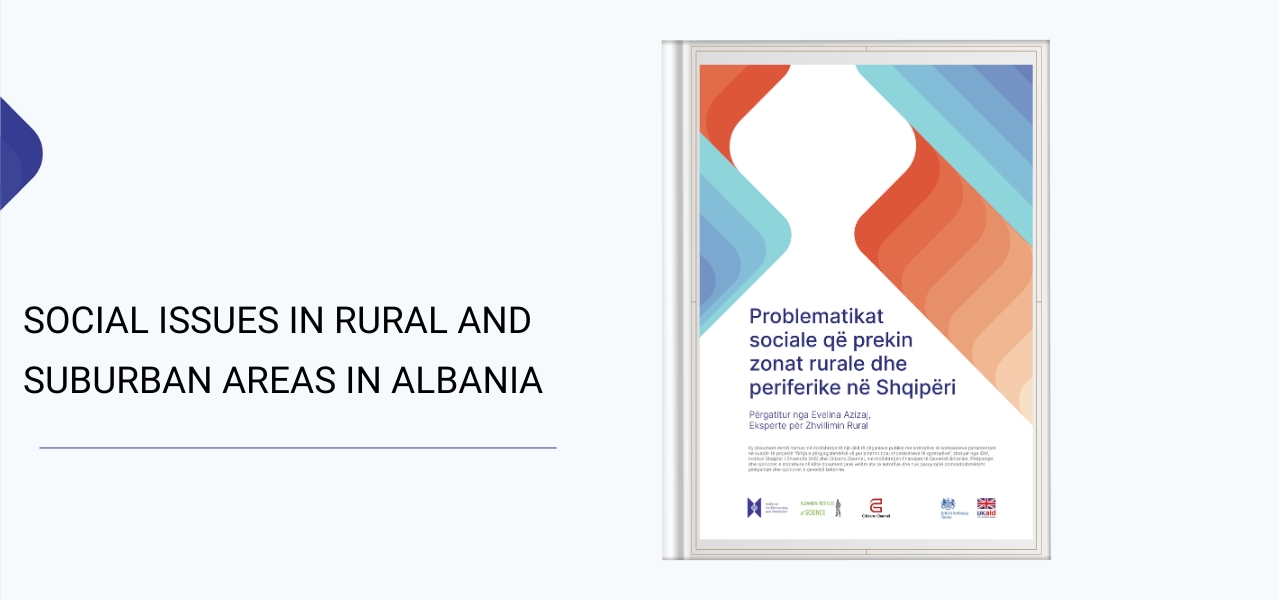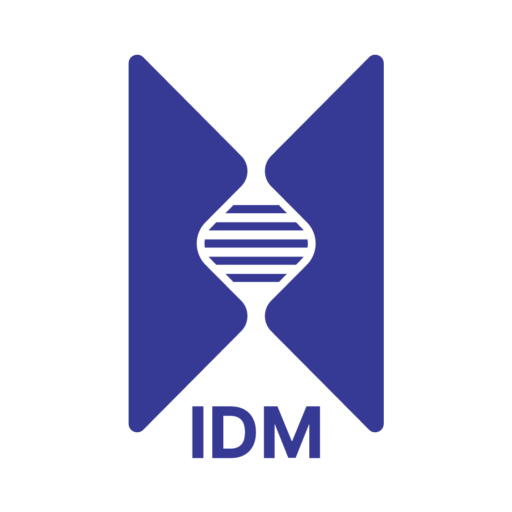
Social issues in rural and suburban areas in Albania
Rural communities, especially remote and mountainous ones, are characterized by a narrow economy based mainly on agriculture, livestock, tourism, forestry and related activities, and limited social life. Also, over the years, the economy and social life have always suffered a decline. The local population’s opportunities for employment are few and the income generated is low. The trend of young people leaving these areas is ever increasing, causing the population that remains in the communities to be small in number and aging.
Public social and economic infrastructure is weak and public services are inadequate or absent. The lack of access to resources, services and opportunities is evident causing poverty and social exclusion of the population of these areas. Major demographic changes in the rural population, especially the ever-increasing trend of young people leaving these areas, is threatening the sustainability of agricultural and livestock activities, food security, community life and the preservation of biodiversity and the natural landscape.
However, despite the significant impact of the shrinking development of rural communities on the social economic development of the country, there are still no concrete actions and active policies to address the situation of these communities in general, and in particular of the most vulnerable groups. Single-minded policies of sustainable rural development, which take into consideration the social, economic and environmental measures in the development of these areas and the improvement of the quality of life of these communities have not yet been undertaken, or in the few cases where there have been initiatives, they have been ineffective. The implementation of the European instrument for integrated rural development, known as the Leader approach, has not yet been promoted and supported, due to the lack of political will to support this instrument in Albania.
To download the full document, click here (Albanian only).
This document was drafted in support of a cycle of public hearings with members of parliamentary committees within the project “Increasing the accountability of parliament to citizens’ concerns”, implemented by IDM, the Albanian Institute of Science (AIS) and Citizens Channel, with the support financial of the British Government. The views and opinions expressed in this document are solely those of the authors and do not necessarily reflect the views and opinions of the British Government.


